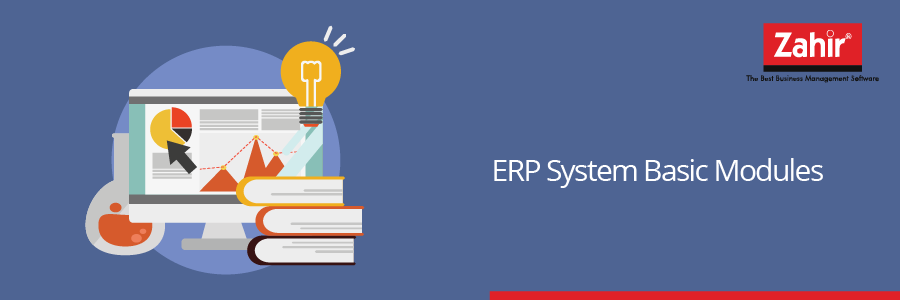ERP System or Enterprise Resource Planning System , is a system used to manage the whole resources within a company, from employee salary to single material purchase. ERP is an integrated software that supports the business activity.
The integrated and centralized function allows ERP to support managing the business process in different departments. ERP system will provide the information which will be used as the base to make major decisions.
Some vendors in the market are providing ERP solutions or cloud-based ERP. The platform implementation may vary in each organization, but the basic modules in ERP system cover:
- Human Resources. This module enables the HR team to manage the human resources efficiently. For instance to review job performance, job description, presence, and other employee information. One of the necessary sub-module is Payroll System to manage salaries, travel expense, or training.
- Inventory. It is used to track inventory, which can be easily identified by serial number. The use of unique number inventory enables users to track the item and trace the current position/location. For instance, the company purchased 1000 pallets. Using inventory system, users can track how many pallets used, where they are put, and how many pallets left.
- Sales. General sales process such as quotation, sales order, sales invoice, delivery, tracking, and others are managed by ERP Sales module.
- Purchase. The module handles activities related to raw material procurement for an organization. It consists of supplier list, quotation request to a vendor, receiving and recording quotations, preparing purchase order, updating stocks and other related reports. To keep the stock updated, this module is integrated with inventory and production modules.
- Finance and Accounting. This module records the in and out of business capital, record transaction, balance sheet, ledgers, bank statement, payment, tax, and others. ERP system allows users to perform the accounting task more easily.
- CRM (Customer Relationship Management). Better customer service will boost the sales performance. CRM module helps users to build the relationship with customers. The detail customer information is stored in this module, such as to track calls, meetings, customer purchase, etc. This module is possibly integrated with sales module.
- Production/Engineering. It is applicable to manufacture in order to deliver its products. The modules include machine scheduling, production planning, raw material usage, record daily production progress, and production reporting.
- Supply Chain Management. The flow of delivered product from manufacture to customer vice versa are managed through this module. The general functions to record the data of distributors, retailers, demand, and supply management, return and replacing, transportation tracking, and others.
Nowadays, the business faces great challenges in their automation process. ERP is able to manage the business operation efficiently. The above modules are the introduction to help users to decide and customize proper ERP module depend on the business needs.




